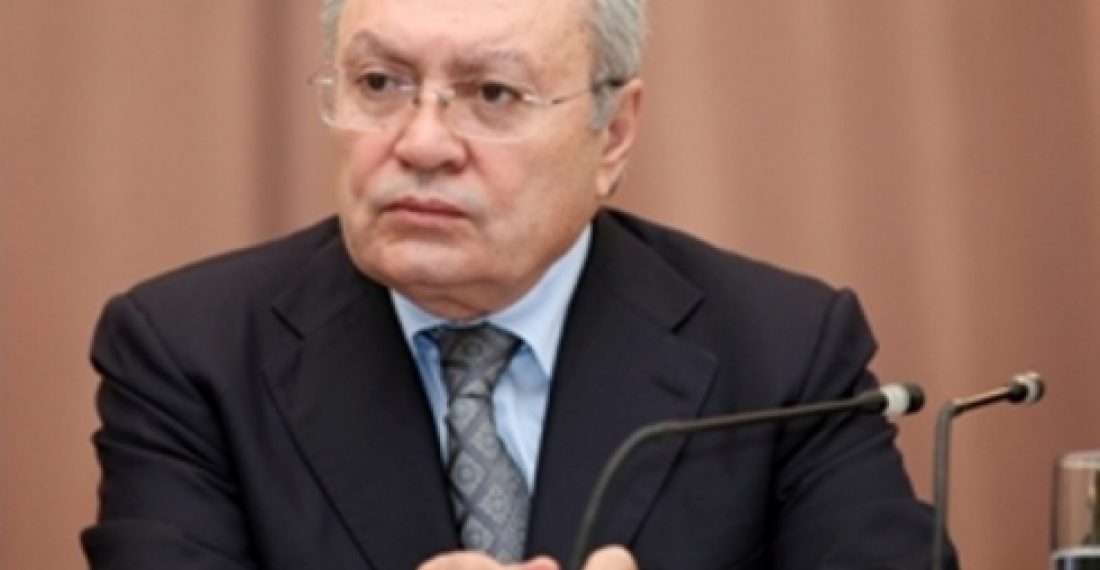Armenia's Attorney General has called on the legal profession to prepare "impecabble legal grounds so that the consequences of the genocide can be eliminated." Aghvan Hovsepyan was speaking on Friday at the Second Pan-Armenian Forum of Lawyers in Yerevan.
"When we talk about international recognition and condemnation of the Genocide, we make Turkey responsible for that. That is true, Turkey, in legal terms, is perpetrator of the crime. However, we, the lawyers, know well that in addition to the perpetrator of crime, there are organizers, accomplices, and instigators," said Hovsepyan. According to him, lawyers have a lot of work to do concerning the elimination of the consequences of Genocide.
"Who are the subjects of reparations? The descendants of [Genocide] victims? The Armenian Apostolic Church? The Republic of Armenia? All of them? It is my deep belief that the descendants of Genocide victims must receive financial compensation, Armenian Apostolic Church must get back its churches and its lands on the territory of Turkey, and the Republic of Armenia must get back its territories. However, this demands must have impeccable legal grounds," said Armenia's Attorney General.
The conference was also addressed by the president of Armenia, Serzh Sargsyan.In his speech Sargsyan said that "The international recognition of Armenian Genocide, its denunciation and elimination of its consequences will always be urgent. As long as the Armenian state exists, any attempt to conceal this historic truth will fail. This supreme crime against humanity must be recognized and condemned once and for all. First of all [it must be recognized and condemned] by Turkey itself."
Over 100 renowned lawyers from Armenia, Nagorno Karabakh and the Armenian diaspora are participating in the Second Pan-Armenian Forum.
source: commonsapce.eu with news.am







